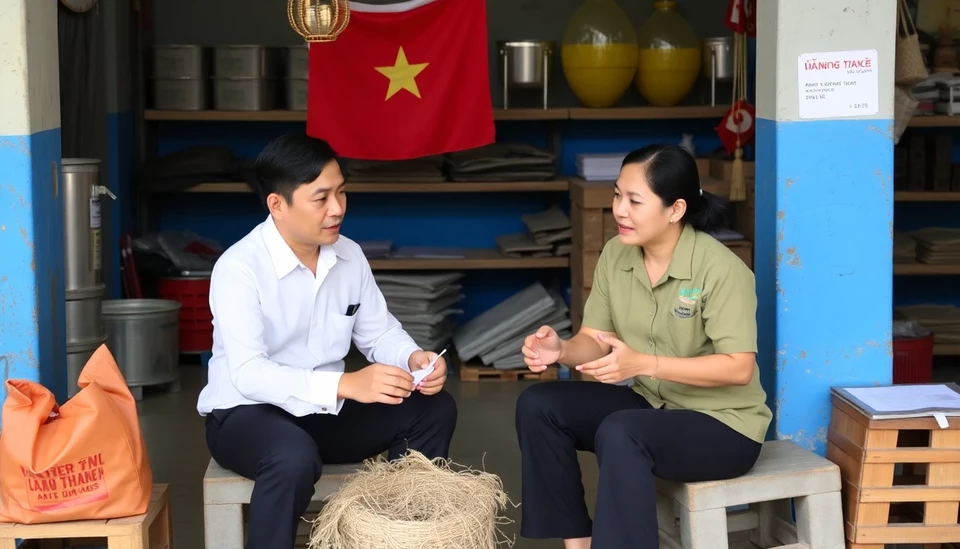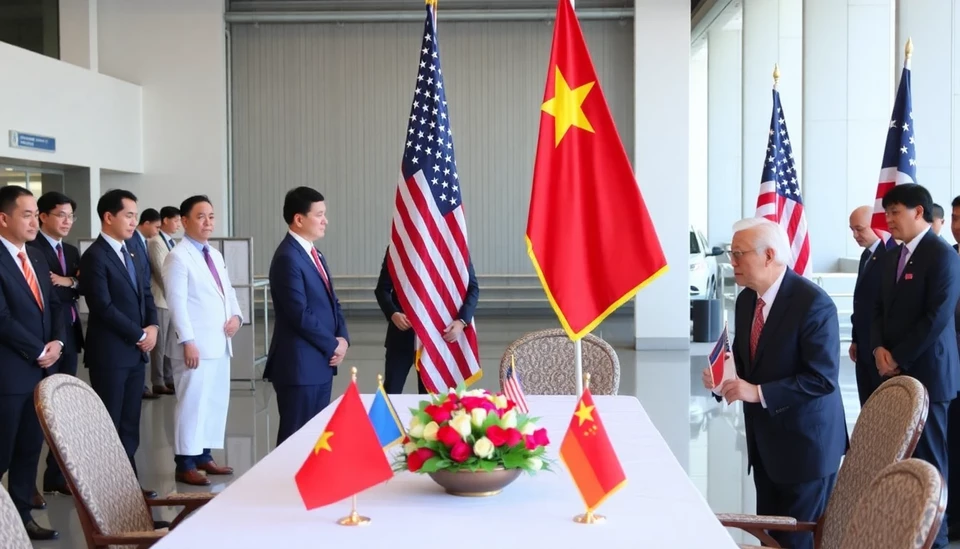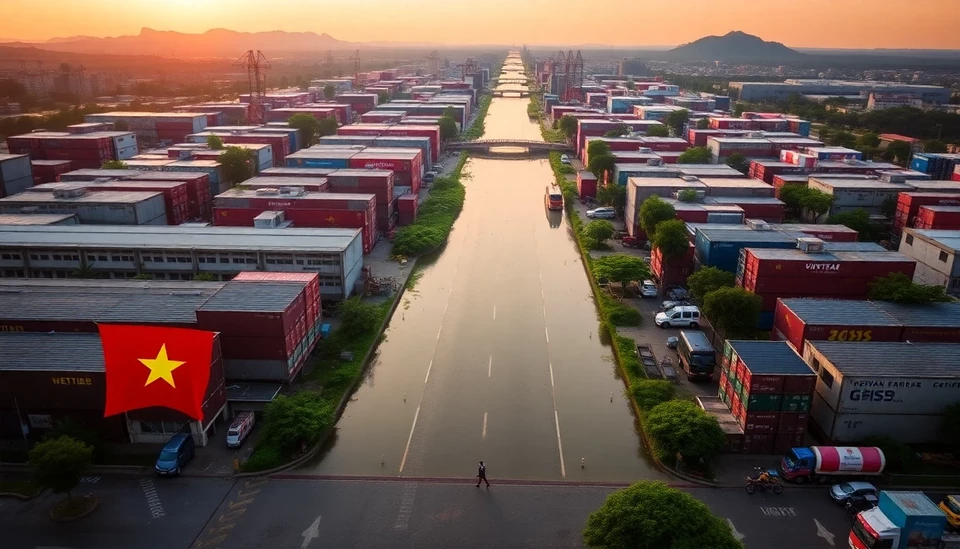
The implementation of new tariffs by the United States on imports from Vietnam has sent shockwaves through the nation's economy, forcing many small business owners to reevaluate their strategies and often jeopardizing their dreams of prosperity. Once viewed as a burgeoning market for exports, Vietnam now finds itself caught in the crossfire of U.S.-China trade tensions, with economic ambitions increasingly hinging on a delicate balancing act.
As American consumers become more aware of the price hikes associated with tariffs, Vietnamese manufacturers are facing the grim reality of diminished demand for their products. The tariffs, enacted under the Trump administration, initially aimed at Chinese goods, have inadvertently hit various Vietnamese exports, from textiles to electronics. Small business owners who relied on the U.S. market for a significant portion of their revenues are now confronted with an existential threat.
Interviews with several entrepreneurs reveal the difficult decisions they must make in light of these tariffs. Many are hoping to pivot their business models, but the costs associated with such shifts are prohibitive. Nguyen Thi Mai, one textiles business owner, expressed dismay at being labeled as an unintended casualty in a trade war that she argues is not of her making. “We thought we were doing everything right. Our quality is good, our prices are competitive... but now it feels like we are being punished for something we had no control over,” she said.
The economic toll of these tariffs extends beyond individual businesses. As consumers in the U.S. see prices rise, buying behaviors are likely to shift, which could lead to a further dip in export volumes. Vietnamese suppliers, many of whom were on the verge of scaling their operations, now face an uncertain future, with job security for their employees also hanging in the balance.
Observers have noted that the tariffs are not only a financial burden but also a psychological hurdle for Vietnamese entrepreneurs who believed they had a promising path to economic growth. The economic aspiration has turned into a nightmare for many, undermining efforts to expand into new markets and directly harming their innovation capacity. As one business leader noted, “We invested time, resources, and hope into building a connection with American consumers, and suddenly that seems to be slipping away.”
In response to these challenges, some Vietnamese leaders are advocating for a more diversified export strategy, calling for a broader exploration into different international markets. However, this approach requires not only resources but also a significant cultural and market understanding that many emerging businesses may still lack.
The government has also started to take measures, launching discussions aimed at mitigating the impact of the tariffs while simultaneously emphasizing the importance of sustained engagement with the U.S. market. The overarching aim seems to be recalibrating bilateral relations to avoid further economic fallout.
For now, uncertainty looms over the future of many Vietnamese entrepreneurs whose dreams seem at risk. As one entrepreneur put it succinctly, “We hoped for better, but now we’re just trying to survive.” The resilience of these business owners will ultimately be challenged in the coming months as they navigate the complex landscape of international trade, tariffs, and the changing economic climate.
In conclusion, the effects of the U.S. tariffs are far-reaching, impacting not just the financial bottom lines of Vietnamese entrepreneurs but also the broader economic aspirations of a nation striving for greater heights in the global market. The road ahead is fraught with obstacles, but for many, it is a critical fight for their dreams and livelihoods.
#Vietnam #USTrade #Tariffs #Economy #Entrepreneurship #GlobalMarket #EconomicImpact #SmallBusiness #TradeWar #VietnameseBusiness
Author: Laura Mitchell




